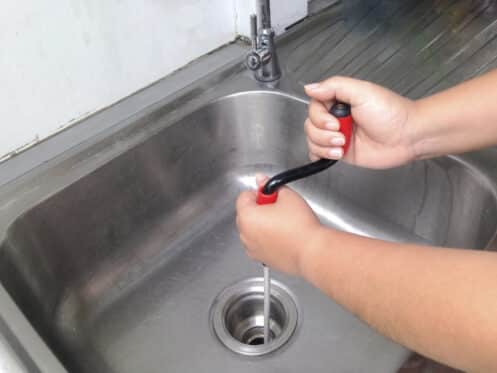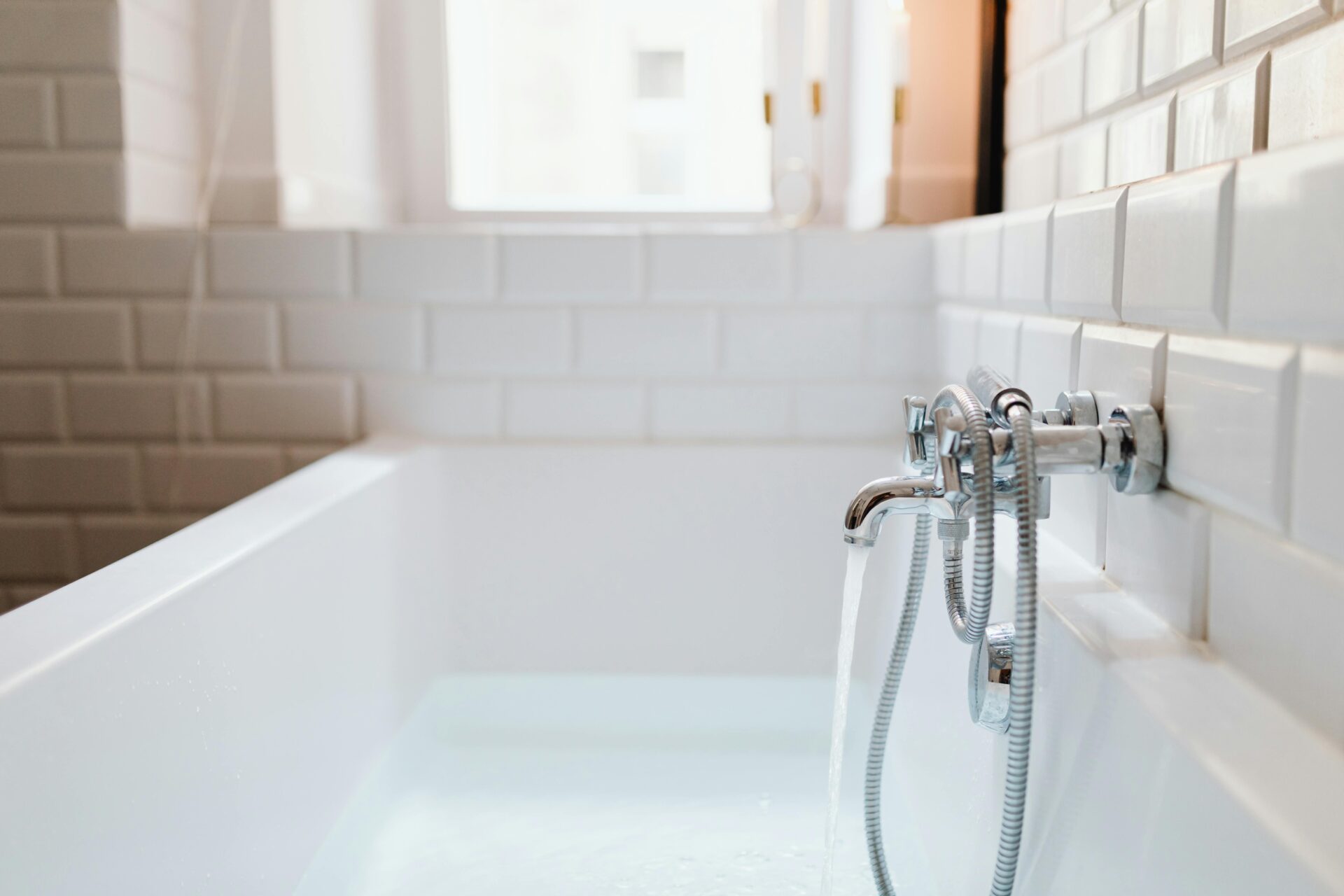What're your concepts about General Plumbing Tips for New Homeowners?

For new house owners, understanding and maintaining washroom plumbing can conserve both time and money by protecting against expensive concerns down the line. Below are some essential bathroom pipes suggestions to help you maintain everything running smoothly.
Plan For Cold Weather
Shield your pipelines from cold during winter by shielding pipelines in unheated areas like cellars, attics, and garages. Throughout extreme cool, allow cold water drip from faucets offered by exposed pipelines to help stop freezing.
Arrange Routine Upkeep
Think about organizing annual examinations with a certified plumber. They can detect issues that you could miss, such as covert leakages or wear and tear on pipes and components. Routine upkeep helps prolong the life of your pipes system and can prevent emergencies.
Acquaint Yourself with the Main Shut-Off Shutoff
Recognizing where the main water shut-off shutoff is located in your home is vital. This allows you to quickly shut off the water in case of major leaks or during pipes emergency situations, protecting against substantial water damages.
Regularly Examine for Leaks
Little leakages can bring about big issues. Consistently examine under sinks, around toilets, and near plumbing fixtures for any signs of leakages. Look for dampness, small drips, or rust. Catching and repairing leakages early can avoid more serious damage and save water.
Maintain Your Water Heater
Guarantee your hot water heater is readied to a proper temperature level (normally about 120 degrees Fahrenheit) to avoid scalding and decrease power use. Flush the storage tank every year to eliminate sediment buildup, which can decrease the efficiency and life-span of your heating system.
Update Your Components
If your home has older fixtures, think about upgrading to much more reliable designs. Modern commodes, showerheads, and taps are created to utilize less water while offering good pressure, which can dramatically reduce your water costs and ecological impact.
Be Cautious with DIY Pipes Repair Works
While it's tempting to handle all home fixings by yourself, beware with plumbing. Some issues might call for expert know-how, particularly if they involve major water lines or sewage system repair services. Employing a professional can sometimes be extra economical than DIY, especially if it protects against additional damage.
Don't Neglect Slow Drains
If your sink or bath tub is draining pipes slowly, it's usually an indication of a blockage forming. Resolving this early can protect against a total blockage. Make use of a plunger or a plumbing's serpent to clean out particles. Prevent making use of chemical drain cleansers as they can harm your pipes with time.
Know What Not to Flush
Toilets are not waste disposal unit. Avoid purging anything other than bathroom tissue and human waste. Products like wipes, feminine hygiene items, and cotton swabs must be disposed of in the garbage to stop obstructions and sewer back-ups.
Install Strainers in Drains
Location filters in your sink and bathtub drains pipes to capture hair and various other particles before they enter your pipes system. Cleansing the strainers consistently will help stop accumulation and maintain water flowing easily.
Verdict
Understanding and preserving your home's shower room pipes can protect against numerous typical concerns. By following these vital pointers, you can guarantee your restroom remains functional and effective, conserving you money and time in the long run.
5 Plumbing Tips for First-Time Homeowners
Know How to Shut Off the Water
In most homes, the water can be shut off at two places: at the appliance or fixture itself, and for the whole house. For instance, look under your sink or behind the toilet. See those little knobs that connect with the pipes? Those are the shut off valves for those fixtures. Simply turn them until the water is off. The main shut off valve (which controls water throughout your entire home) will be outside, where the water feeds into the structure. You might need a dedicated tool, such as a water shut-off key, to shut off the water at the main.
Build an Emergency Plumbing Kit
Everyone knows how important it is to have a high-quality plunger around the house. But there are other things that can help you out when issues arise with the pipes. Building an emergency plumbing kit to solve issues on your own is part of any list of basic plumbing tips. Consider adding these things to create a basic plumbing kit:
Adjustable wrench Tongue-and-groove pliers Screwdrivers Plumber’s tape Pipe sealant Duct tape Set of hex keys Clip light for working under cabinets Auger and hand snake Do a Little Research
Many small leaks can be handled by replacing a small part of the piping system, tightening part of a faucet, or even changing out an aerator. Take the time to browse how-to articles for common plumbing problems, such as a running toilet or slow-draining sink. You might be surprised to find how easy it can be to do simple things yourself, like replace a valve in the back of the toilet.
Keep it Simple With No Chemicals
If you have a clog, you might be tempted by the promises of liquid drain cleaner. While this might work at first, it actually causes more damage deep in the pipes, eventually creating even more problems down the road.
Instead, try using baking soda and vinegar to create a strong fizzing effect that can help break up clogs and clear gunk from drains. Follow it with boiling water to clean the pipes even more thoroughly.
Take Care of Your Garbage Disposal
Be cautious about what you put down the disposal. Avoid pouring in fats, oils, and grease, as these are a surefire way to get a clog. Beware of certain foods too, such as celery or bones, as they can lodge in the works. Always run the disposal with water flowing.
https://modernize.com/homeowner-resources/other/10-plumbing-tips-for-first-time-homeowners

Book My Estimate